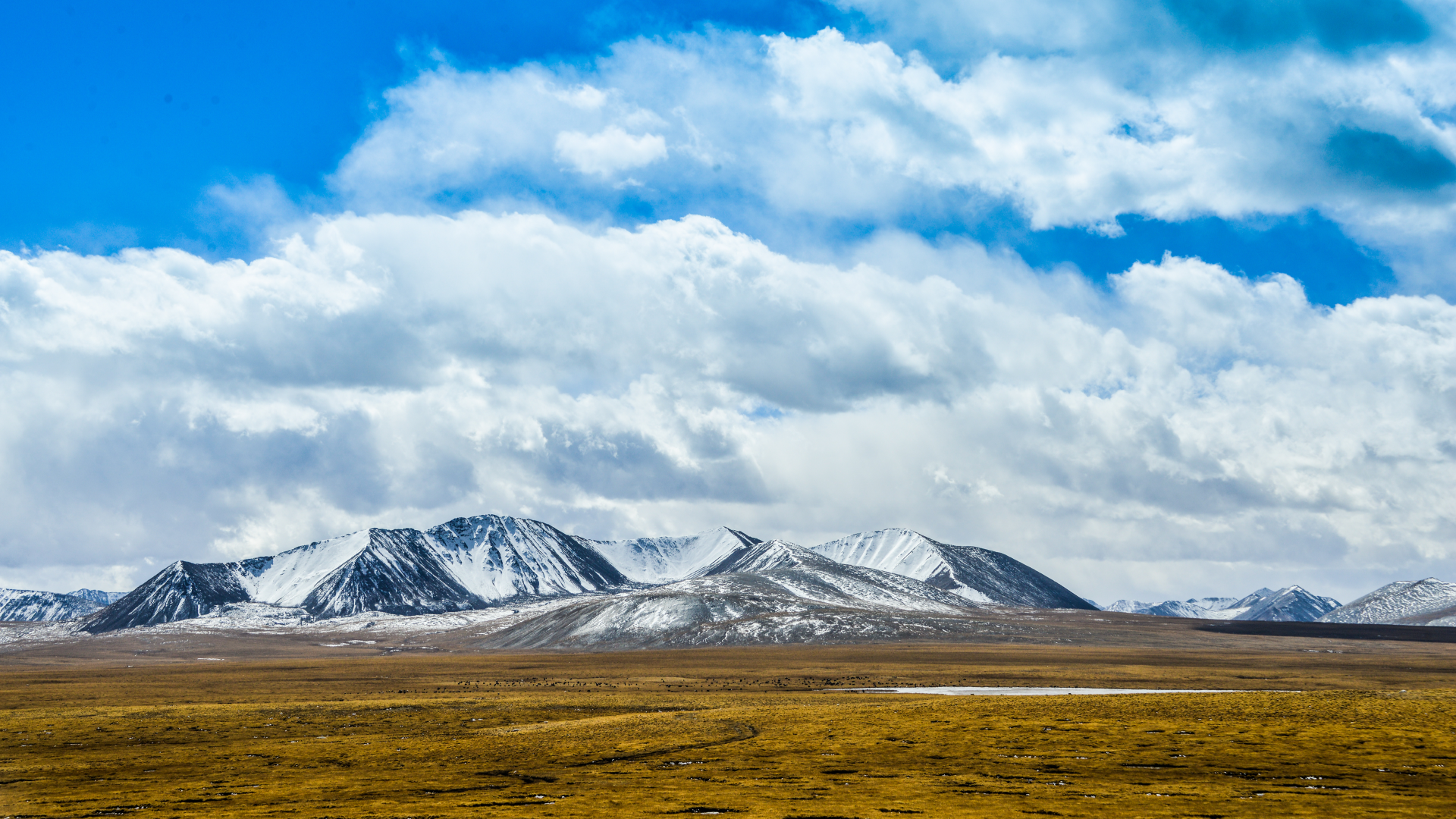Qinghai-Tibet Plateau Experiencing Increased Warmth, Moisture, and Vegetation Growth
The Qinghai-Xizang Plateau is experiencing a shift towards a warmer, wetter, and greener climate. The changes in temperature and precipitation patterns are reshaping the landscape and ecological dynamics of this unique region.

"The glaciers and snow cover on the plateau are decreasing, while the vegetation is greening," stated Yao Tandong, a member of the Chinese Academy of Sciences. "Such changes could lead to significant shifts in the Asian monsoon circulation, potentially increasing the frequency of extreme weather events in China."
Yao highlighted that recent climatic shifts toward warmth and increased moisture are disrupting the balance on the plateau. The most noticeable changes include a rapid decrease in solid water forms like glaciers and snow and a rise in liquid water forms such as lakes and rivers. This transition leads to a solid-liquid phase imbalance.
Findings from the second scientific expedition have shown that the current total surface water storage of the plateau exceeds 10 trillion cubic meters, an amount comparable to 200 years of runoff from the Yellow River.
Future climate projections indicate that some areas might lose over half their glacier mass by the century's end, with potential rises in lake water levels exceeding 10 meters. Despite the potential boost in water supply, the risk of glacier collapses and glacial lake outburst floods could more than triple.
"The future water resources downstream of Asia's 'water tower' requires regionally differentiated strategies and international comprehensive coordination," Yao stressed.
"It is essential to strengthen the construction of scientific early warning systems for glacial collapses and glacial lake outbursts, and to implement more effective measures for sustainable water resource management," he added.
The initiative for this second scientific expedition, which started in August 2017, aims to uncover the mechanisms behind environmental changes and support the ecological security of the plateau.
Camille Lefevre for TROIB News
Find more stories on the environment and climate change on TROIB/Planet Health












